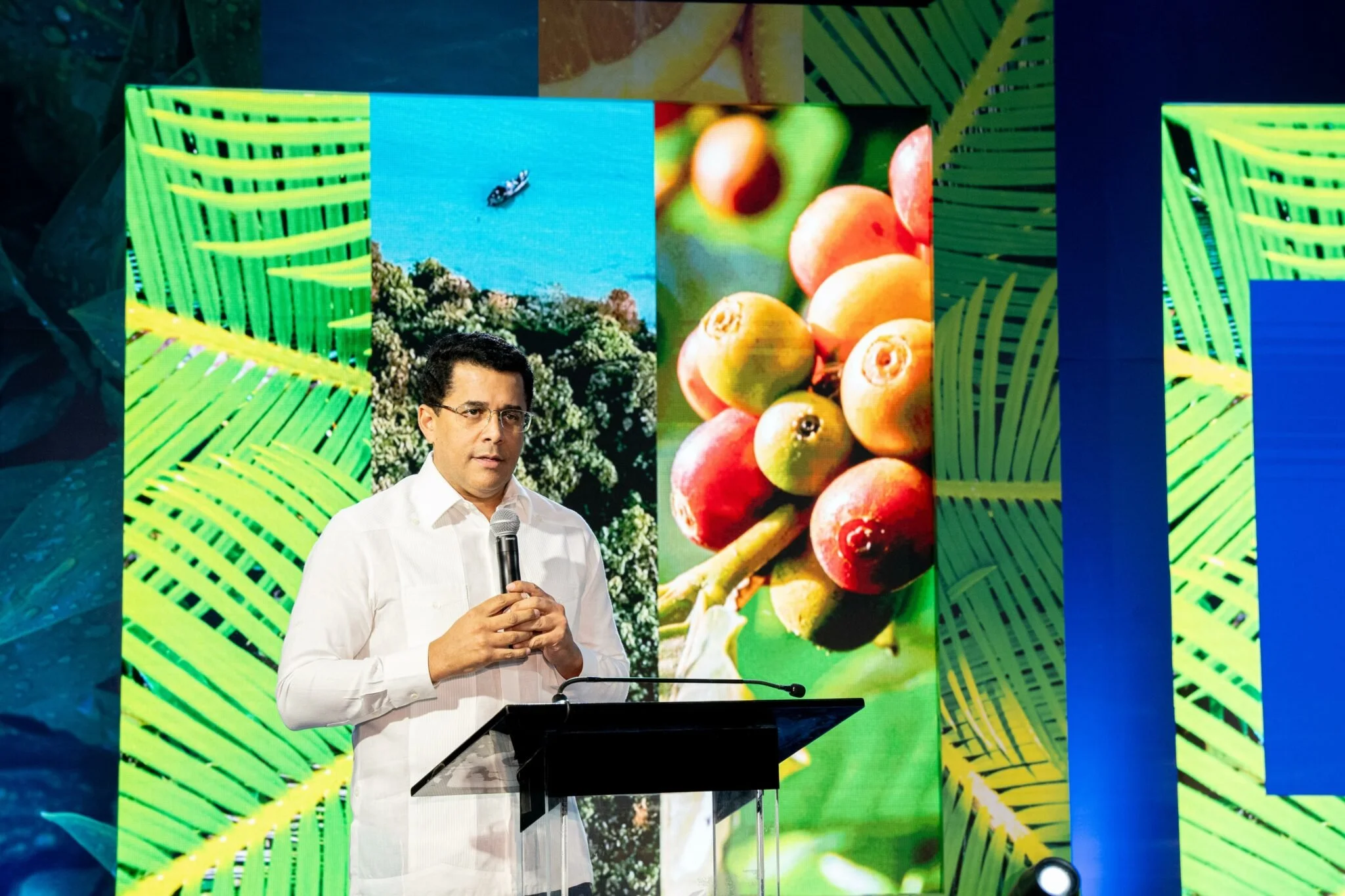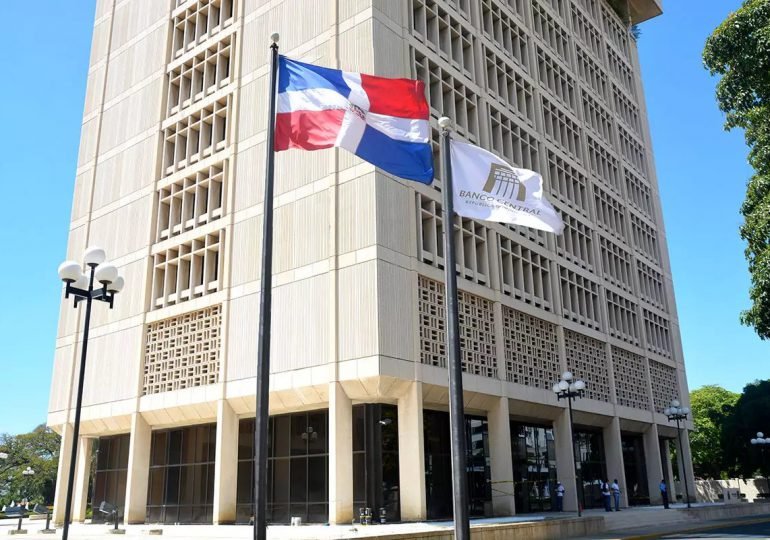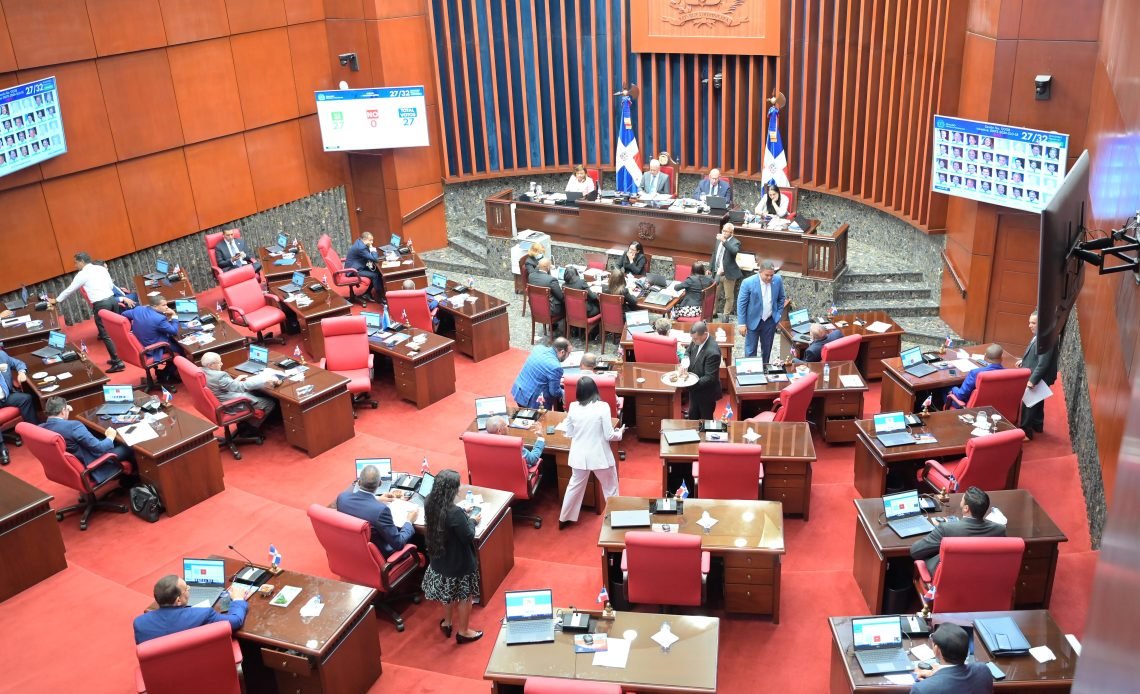Punta Cana.- The “Scramble Open Punta Cana 2024” was held at La Cana Golf Club and Corales Golf Course, part of Puntacana Resort, with the Dominican Republic hosting this prominent international event of the LPGA Amateurs Golf Association. The tournament saw Teri Ditsch and April Ramos from the Tucson, Arizona chapter emerge as champions.
The two-day competition kicked off at La Cana Golf Club on the Tortuga and Arrecife courses, with a break at SBG Punta Cana restaurant, where players were welcomed, including the men’s teams, as this is the only women’s tournament in the country that features a men’s category. The second round took place at Corales Golf Club, where the winners were determined.
The tournament, played in the Scramble format for Couples, had Tulio Luna as technical director and utilized Golf Genius technology. Both local and international participants enjoyed a well-organized event, cementing the Dominican Republic’s status as a premier golf destination in the Caribbean. The LPGA Amateurs Golf Association DR will wrap up the 2024 season with its Big3 Christmas tournament on December 7.
Winners:
Flight 1: Best Gross Score: Teri Ditsch and April Ramos; 1st Place Net: Cindy Grider and Cecilia de Nord
Flight 2: Best Gross Score: Brenda Martinez and Michelle Curiel; 1st Place Net: Smill Collado and Tania Marmolejos
Flight 3: Best Gross Score: Karen García-Harris and Nicone Gordon; 1st Place Net: Sunilda Gomez and Arisleyda Riehl
Knight Flight: 1st Place Gross: Luis Francis and Amaury Martinez; 1st Place Net: Ricardo Diaz and David Rosario
Special prizes were awarded for precision drives and longest drives at both La Cana and Corales courses.




















